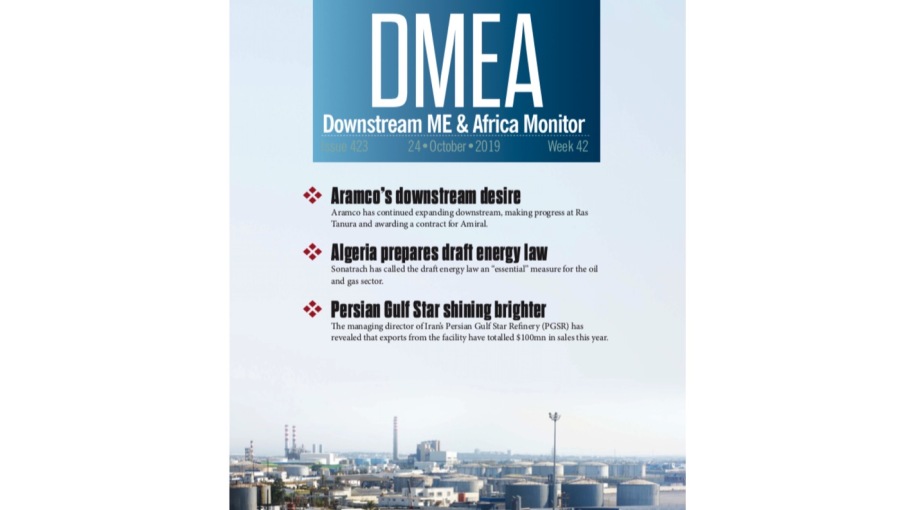DMEA: Tema time and tankers under fire

Last week, Ghana’s energy minister visited the country’s struggling Tema Oil Refinery, giving a rallying cry to workers and pledging state support for the unit. Despite efforts to reinvigorate the unit, Tema continues to operate at reduced levels following an explosion at its distillation unit four years ago. Given the lack of progress to date, there is reason to doubt the minister’s claims that Tema would become one of West Africa’s premium refineries; however, there is a distinct lack of competition in the region.
Elsewhere in Africa, the local Nilepet and Russia’s Rafinat have brought a new refinery into operation in South Sudan. The 10,000 barrel per day unit was built at a cost of around $100mn and supports the Juba government’s efforts to increase throughput capacity to 127,000 bpd.
In the Middle East, the rebound of oil prices is seen as bullish for Saudi Aramco’s plans to acquire a stake in the oil to chemicals (O2C) business of India’s Reliance Industries. Talks have been in a near-constant state of flux over the past year or so as Aramco cut its capital programme, but it is still understood to prize the asset as it continues to shore up long-term markets for crude exports.
Meanwhile, amid claim and counterclaim, US officials have said that Israel is responsible for targeting at least 12 Iranian vessels mainly carrying crude en route to Syria. The attacks, which have occurred over the past year or so, have consisted of various methods including mines. Just as the news broke, an incident was reported aboard the Shahr E Kord cargo ship as it passed the Israeli port of Haifa during its journey to Syria’s Latakia. Israel had already reported many of the attacks, regularly pointing the finger at Israel. Operations against Iranian vessels by Israel and vice-versa have been ramping up in recent months as the two engage in a highly charged game of chicken.


Follow us online